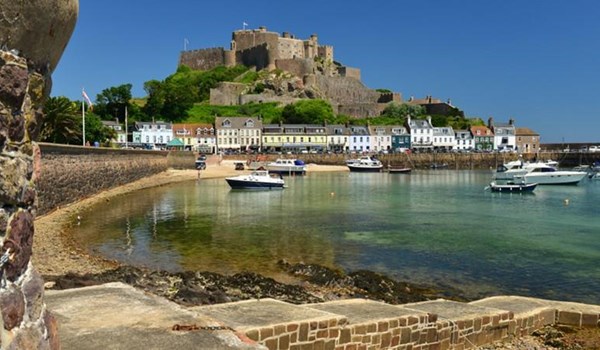Jurisdictions
Regions
Industry Sectors
18/02/22
JERSEY: Higher taxes for super-rich suggested in new discussion paper.

INCREASING the amount of tax paid by high-value residents is among the financial policy ideas which have been unveiled by one of the Island’s new political parties in a discussion paper.
Included within a policy paper on public finances and taxation that is published today, Jersey Alliance has proposed that wealthy immigrants who are ‘economically inactive’ should pay a minimum of £250,000 in income tax annually, a rise of £105,000 on the current figure.
The party, which includes a number of senior members of the existing government and recently elected Sir Mark Boleat as party leader, proposes to maintain most of the Island’s low-tax policy, including a broad-based GST at the existing rate.
Sir Mark said it was important to remember that many individuals and businesses had a choice over where to be based, and that the Island needed to retain its attractiveness.
He said: ‘A key point for Jersey is that tax rates are to some extent a “price” for living or operating in the Island, and it follows that it cannot automatically be assumed that any increase in tax rates will increase revenue.’
Sir Mark said that an Alliance government would analyse the wider effects of possible tax changes with a view to ensuring that taxation was kept as low as possible, but was enough to maintain good-quality public services.
The tax paper and an accompanying publication focusing on the economy incorporate themes that are likely to form part of Alliance Jersey’s manifesto ahead of the general election in June. Other policies include:
-
Attracting a smaller number of high-value residents paying ‘substantially more’ in tax – at least £250,000 for economically inactive immigrants, but with a more flexible approach for those who were more active in business.
-
High tax thresholds, ensuring that a significant proportion of income earners pay no income tax and over a quarter is paid by the top 3% of taxpayers.
-
Maintaining the long-standing practice of financing current expenditure from current revenue and holding significant reserves, with borrowing used only to finance capital investment, pandemic-related expenditure and refinancing liabilities.
-
A focus on education and skills, including the idea of a Jersey campus for a UK university. Sir Mark said this would be significantly more advanced than the existing provision for higher education.
-
Keeping Jersey’s position as an attractive international finance centre, but also supporting traditional industries and facilitating diversification into new areas.
Sir Mark said the party’s thinking had been heavily influenced by the New Perspectives report published in December 2020 by the independent members of Jersey’s Economic Council.



